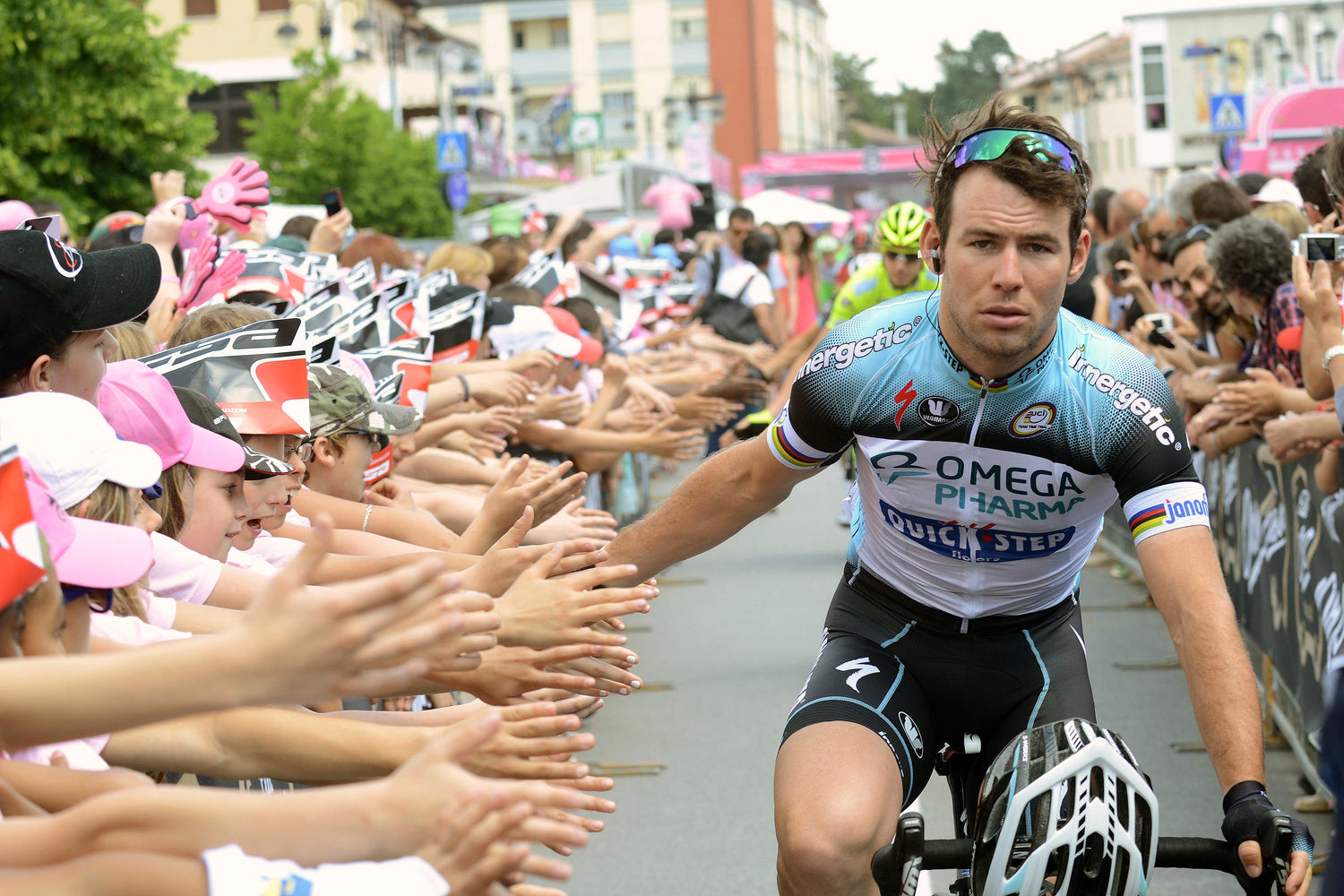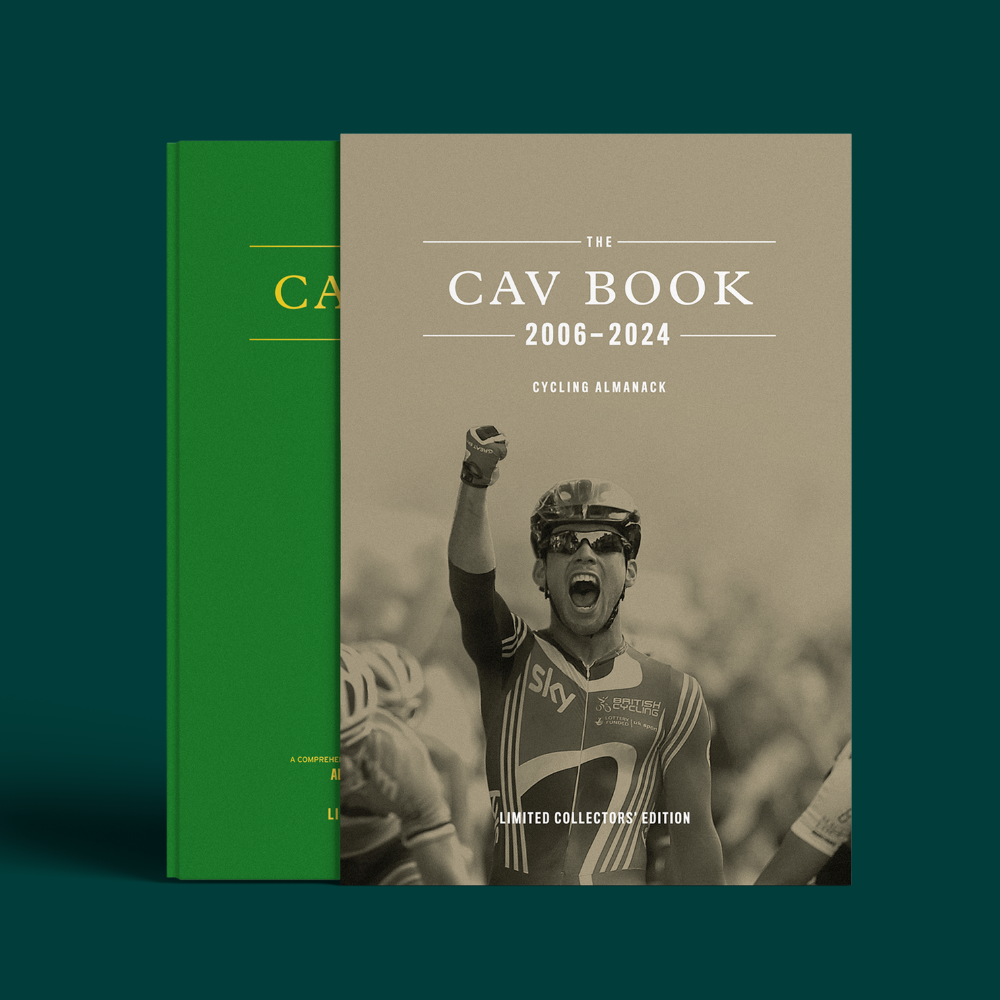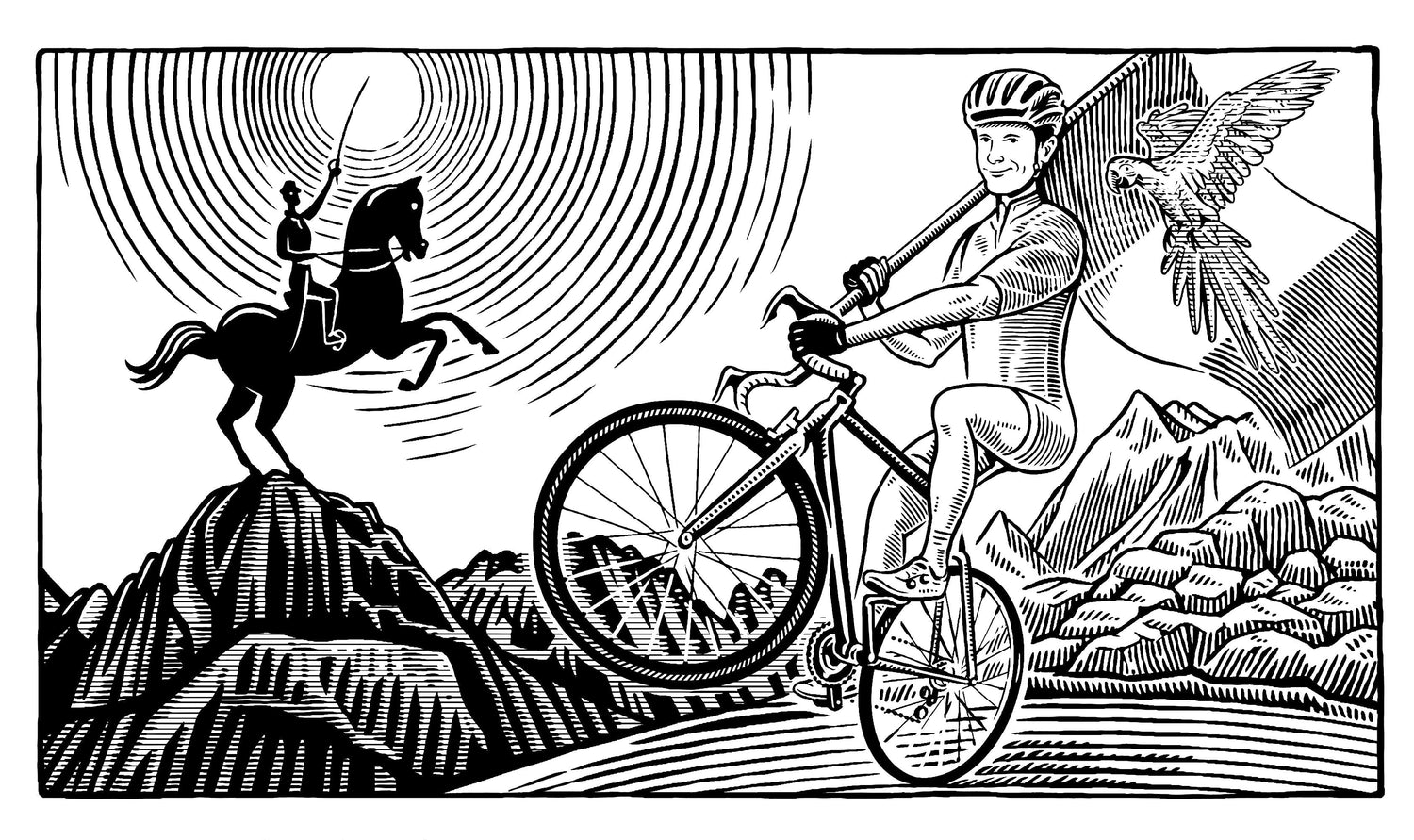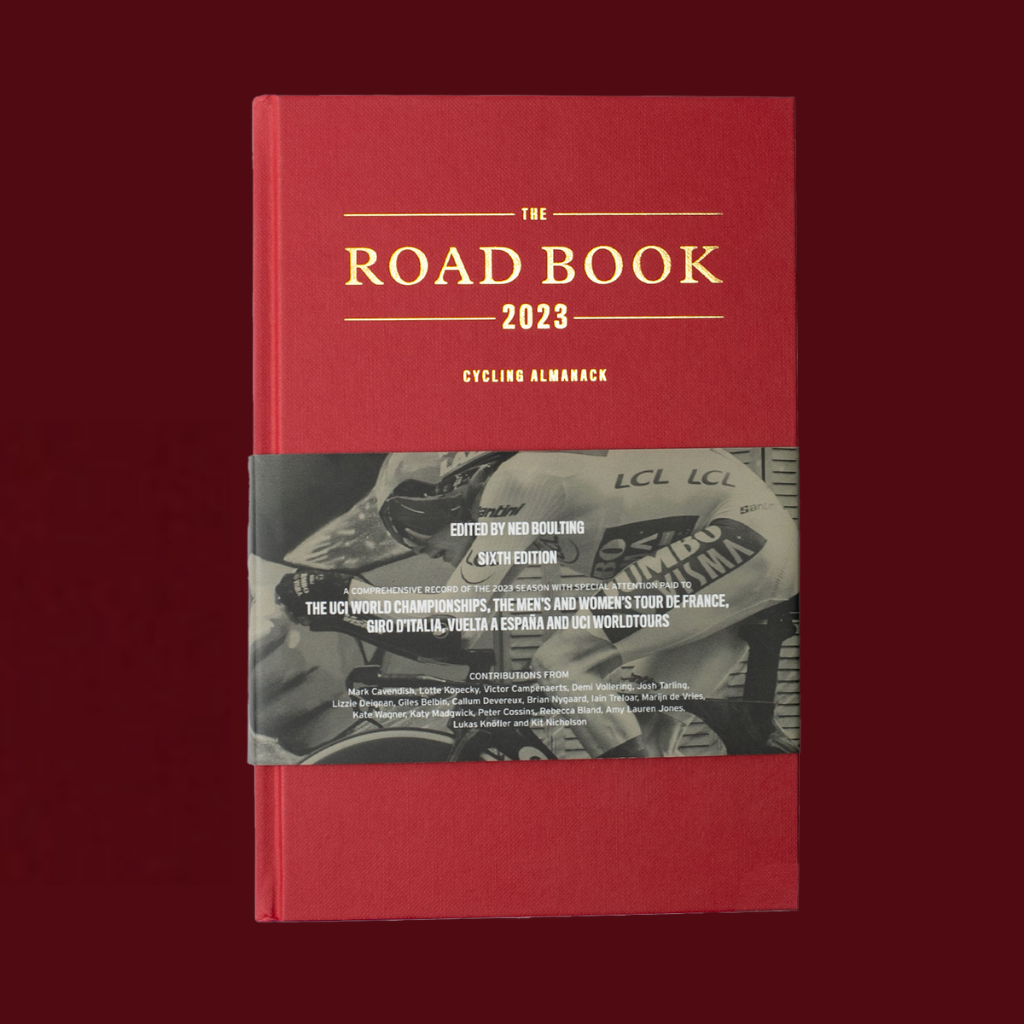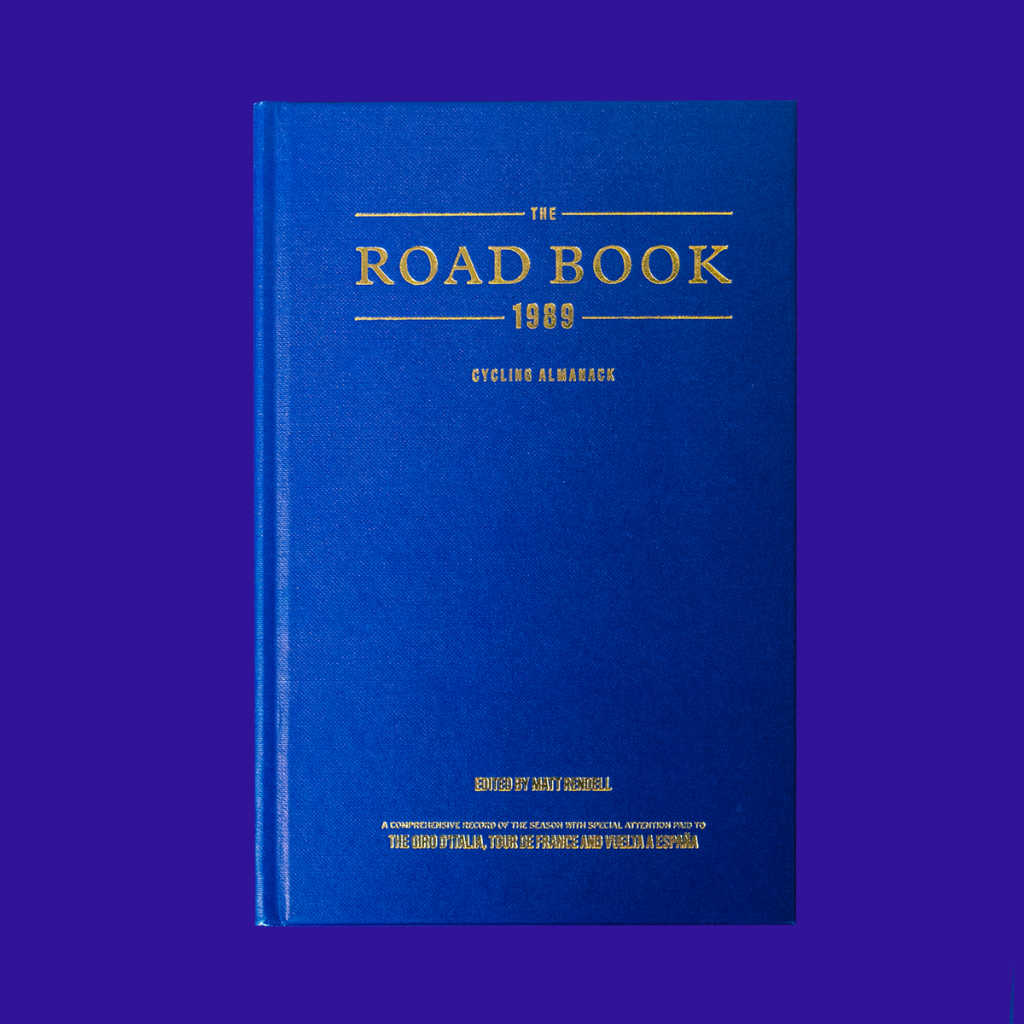This is a review from Matt Laughton, Chief Sport’s Correspondent, The Times.
One Sunday last month I suggested a couple of hours on the bike to another member of my cycling club. He, however, said that he was going nowhere for the next six hours, having settled down on his sofa to watch Paris-Roubaix.
I expressed a bit of surprise, arguing that it was surely preferable to ride your own bike, rather than watch others riding theirs. “Would you organise a game of 5-a-side during the World Cup final?” he replied. In fairness, a point well made.
As it happened, I managed to nip out for a spin and get back for the thrilling climax to the 160-mile Hell of the North: a three-way sprint inside the Roubaix Velodrome that was won by Italy’s Sonny Colbrelli.
But cycling fans are a dedicated bunch, as the 12 million spectators who line the roads of France for three weeks every summer continue to demonstrate.
Now in its fourth year, The Road Book Cycling Almanack is aimed at them. Edited by ITV’s Ned Boulting, it is an impressive piece of work — a comprehensive record of the professional cycling season over 800 beautifully bound pages.
There is a breakdown of 174 races and 517 stages, enhanced by plenty of data, 57 team profiles and a collection of 12 essays. There are some enlightening first-person pieces from some of the world’s leading cyclists, and a long obituary section. “These pages are a record that their lives will not easily be forgotten,” it reads.
I used to devour such books. In the days before the internet, my work bag would be bulging with various reference books needed for reporting on live sports events. But flicking through the pages of the 2021 Road Book, I did wonder if launching this kind of almanack 154 years after John Wisden came up with the idea for cricket was a bit late in the day in this digital age.
It turns out my fears were misplaced. Indeed a bit of research told me that the market for actual books with pages remains strong.
I certainly like the feel of a proper book, and it is from the printed page that I continue to read to my youngest children when I’m at home. Right now we’re some 130 pages into Enid Blyton’s The Faraway Tree, although our version features Frannie and Rick rather than Fanny and Dick.
But is it a generational thing? Do people on the right side of 50 prefer an e-book to a paperback?
Well, no. According to a 2019 report by the Association of American Publishers, print accounted for $22.6 billion (about £17 billion) of the $26 billion in revenue for publishers of books in all formats. The figure for e-books was just over $2 billion. Perhaps more interestingly, however, 63 per cent of physical book sales in the UK that year were to people under the age of 44. In January this year, Printweek reported that in 2020 more than 200 million printed books were sold in the UK; the first time sales have reached that figure since 2012.
Cycling is an immensely popular sport. As well as the 12 million spectators who flock to the Tour de France, another 3.5 billion tune in on TV. Only the football World Cup and the Olympics beat it for audience size, and they take place every four years as opposed to every July.
The almanack, therefore, would appear to have a place. “Cumulatively to date, we have delivered nearly 3,000 pages of in-depth race reports, exclusive essays, team profiles, infographics and much more that have honoured the season past,” Boulting writes. “This deep dive into the cycling calendar and its history is truly the love letter that the sport has long deserved and craved for.”
This year, understandably, reflects on Mark Cavendish’s extraordinary comeback at the Tour, and those record-equalling stage wins, as well as the emergence of Tom Pidcock, the next British cycling superstar.
While Pidcock captured the attention of a wider audience with his stunning gold-medal performance in the Olympic cross-country mountain biking event, the 22-year-old from Leeds has written an essay for the almanack on his love affair with cyclo-cross.
Fascinating is his take on the transition from the junior to the elite, professional ranks. “It took a while to adjust my mentality, having been used to so much winning,” he said. “I had to learn to fight for places that I would not normally care about. I think that’s an important lesson for the rest of my career in the WorldTour on the road and with the elites in cross — you’re not always going to win.”
In my view The Road Book is certainly a winner. Maybe even a Christmas present for my pal. On page 518 he can return to Paris-Roubaix.



